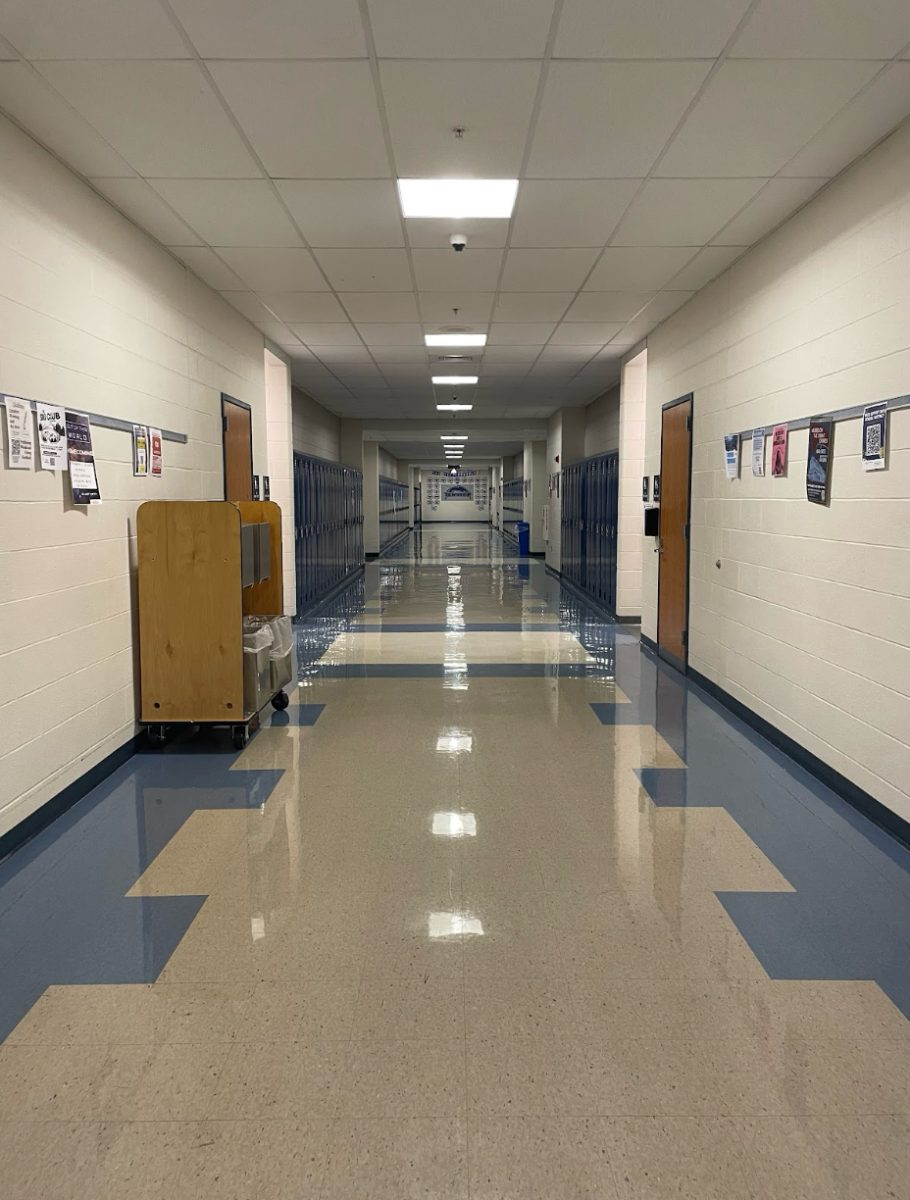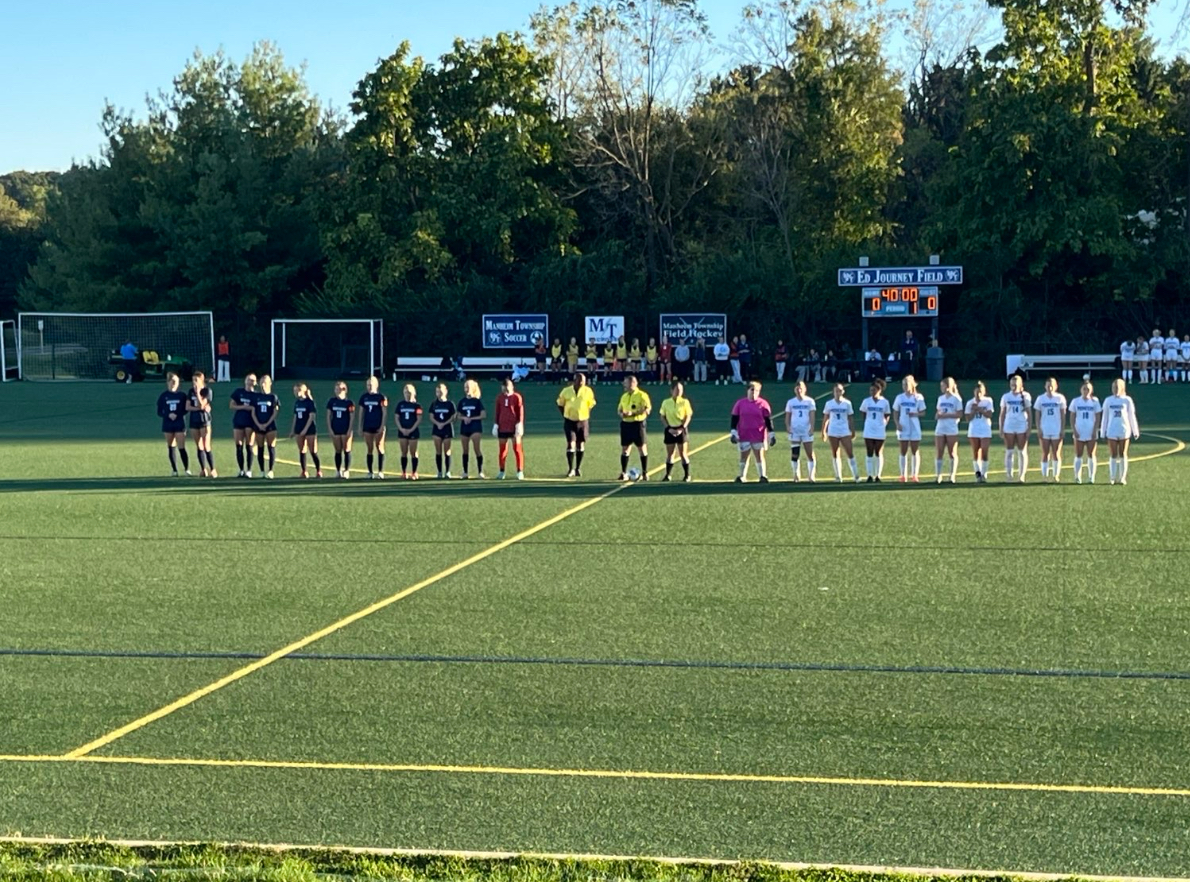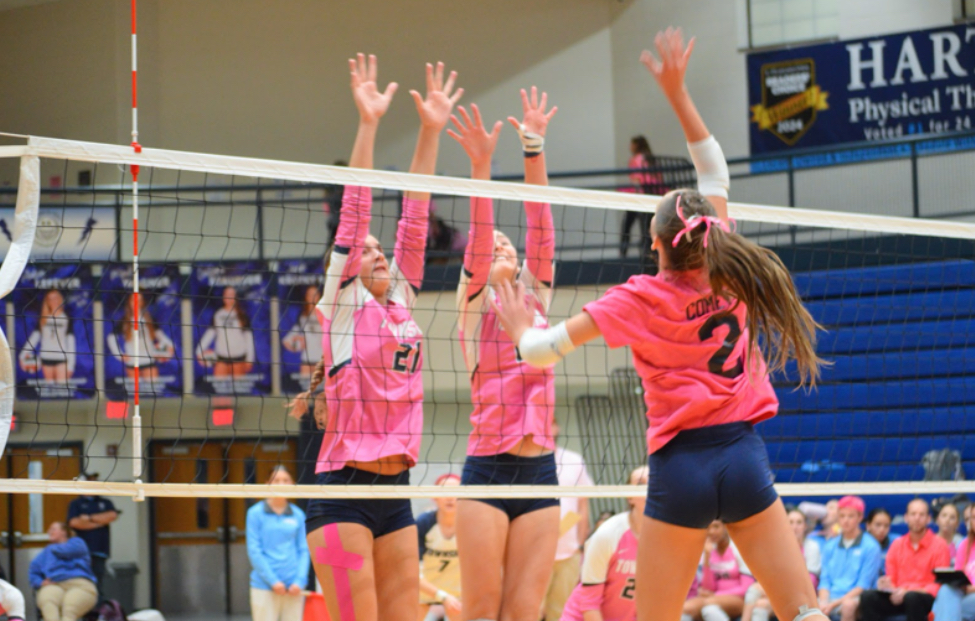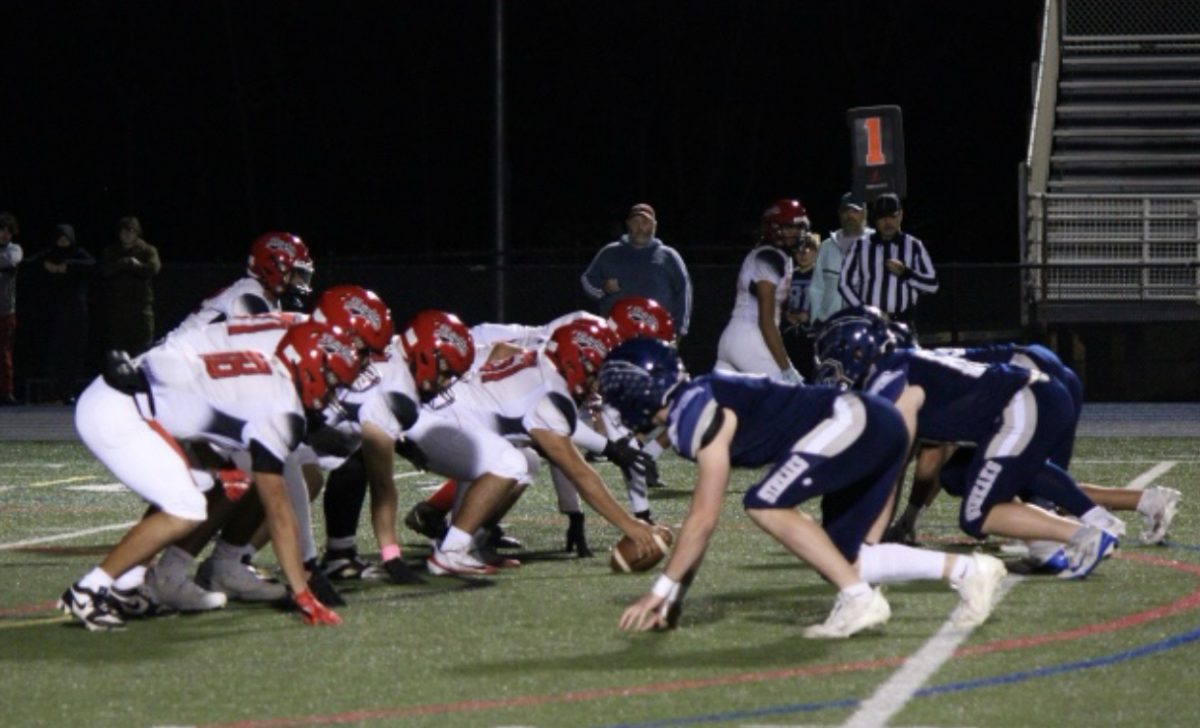
Atychiphobia. A mouthful, right? That singular word is what drives me, and possibly a large majority of the students here at MT to work so hard. However, it’s also the very reason many are incredibly burnt out before the second semester has even started. Atychiphobia is the technical term for the fear of failure, and while it is not classified as an actual phobia, it certainly seems to have taken over my life.
The week leading up to Thanksgiving break was probably one of the most stressful weeks I’ve been through all year. Especially in AP and IB classes, a large amount of tests are scheduled the week before break so that students won’t forget the material. This often leads to stress for many kids. You’re probably aware by now, whether you experienced it or heard through your friends, that AP calculus and physics students saw the blunt end of the stick that week after having a two day test that unfortunately landed on the same days. As many have heard, AP physics students were greatly disappointed after seeing their low test averages, and that most likely added onto the pressure they felt.
“I just feel like I disappointed myself and that I didn’t do enough to get the grade I wanted. I tell myself to study harder next time, but being in AP classes and not being able to retake and get a second chance makes a bad grade even worse,” physics student Angel Khanna said.
No one feels great after seemingly failing a test, and it’s hard to rebuild the self confidence you once had. Although not a physics student, junior Emily Campbell can relate to the tough feelings that accompany any thoughts of failure.
“When I fail something, it makes my self-esteem worse, because it makes me feel like even if I try my best, it’s still not enough,” she said.
It’s hard to blame teachers, because they’re simply trying to teach the entire curriculum before the AP exam, so naturally tests will fall on bad days. However, as someone who was in the crew for the fall play and had multiple tests to study for, I found that balancing studying and extracurriculars was almost impossible. Countless nights were spent studying until two or three in the morning in fear that I would get a bad grade on a test. Success trumped any desire to get a good night’s sleep.
You’re probably wondering why I’m complaining when I made the choice to take advanced classes and do the fall play. To be honest, I’m wondering the same. It’s funny how students, myself included, sign up for these classes without truly thinking about the mental toll that it may take on us. Regardless, this pressure to enroll in higher level classes is because of a fear of failure. It has taken hold of my perception of the future whether that be college, life after school, employment, and many other aspects.
“I grew up believing that college was the only path after high school. The thought of doing poorly in a class and that affecting my ability to get into college adds a tremendous amount of pressure,” Khanna said. “Grades and extracurriculars are the only things colleges are going to see, so regardless of what type of person you are, it won’t matter as much as the transcript that gets submitted.”
I’m inclined to agree, because I feel as though everything I’m doing is just to work up to college, but I’ve never considered what I’d do once I got to that point. The fear of failure ultimately stems from us acknowledging that after high school, life will only get tougher, which is why it’s so important for us to start succeeding now. My self worth has orbited around success and good grades as though it were the sun, and one bad grade meant the sun would stop shining forever.
“As terrible as it sounds, I think it is inevitable that we define people based on their grades. I think we all know that deep down this is not true and we are so much more than our grades, but we often look past that,” junior Kate Peers said.
An often-overlooked factor that plays into academic pressure is the competition between students to get better grades. No one is directly competing with one another, but it is as though there is an unspoken race to see who can do the best on tests. The pressure to succeed is emphasized in academically competitive settings.
“I will never look at anyone else differently because of a grade they earned, but I have always based my self-worth on my grades. I always want to do well on tests, because I know there are other people who can do better than me, and I want to keep up,” junior Zaara Seemeen said.
Preparedness is huge for feeling confident on a test and ensuring that a good grade is received. There are times, however, when no matter how hard one may prepare, success is not always guaranteed. It is as though you’re walking into the unknown on test day. The unknown is arguably one of mankind’s greatest fears, and it can only intensify the pressure to not fail.
“It’s really frustrating when I understand a topic really well, but the grade I received on a test doesn’t reflect my understanding. During tests, the time constraints and the knowledge that it is ‘graded’ increases my pressure and sometimes causes me to blank because I don’t want to fail,” Seemeen said.
When this begins to happen often, one’s confidence begins to deteriorate and test anxiety grows to an all time high.
“My test anxiety is so bad that even if I study seven hours straight the night before, I still am not confident,” junior Jessica Dang said. “As I and many others are taking four APs or more this year, the assignments and overlapping test schedules cause students too much stress for us to maintain a healthy state of mind. We spend late nights studying for exams that we seem bound to fail.”
Regardless of what level classes you take, you’ve probably felt the fear of failure at some point in your life. Atychiphobia has attacked students, controlling their lives like a parasite, and it seems that it’s only going to get worse from here on out. That being said, there are many ways to cope with anxiety and fear, and just as a reminder to anyone who needs to hear it, things will turn out okay in the end.














